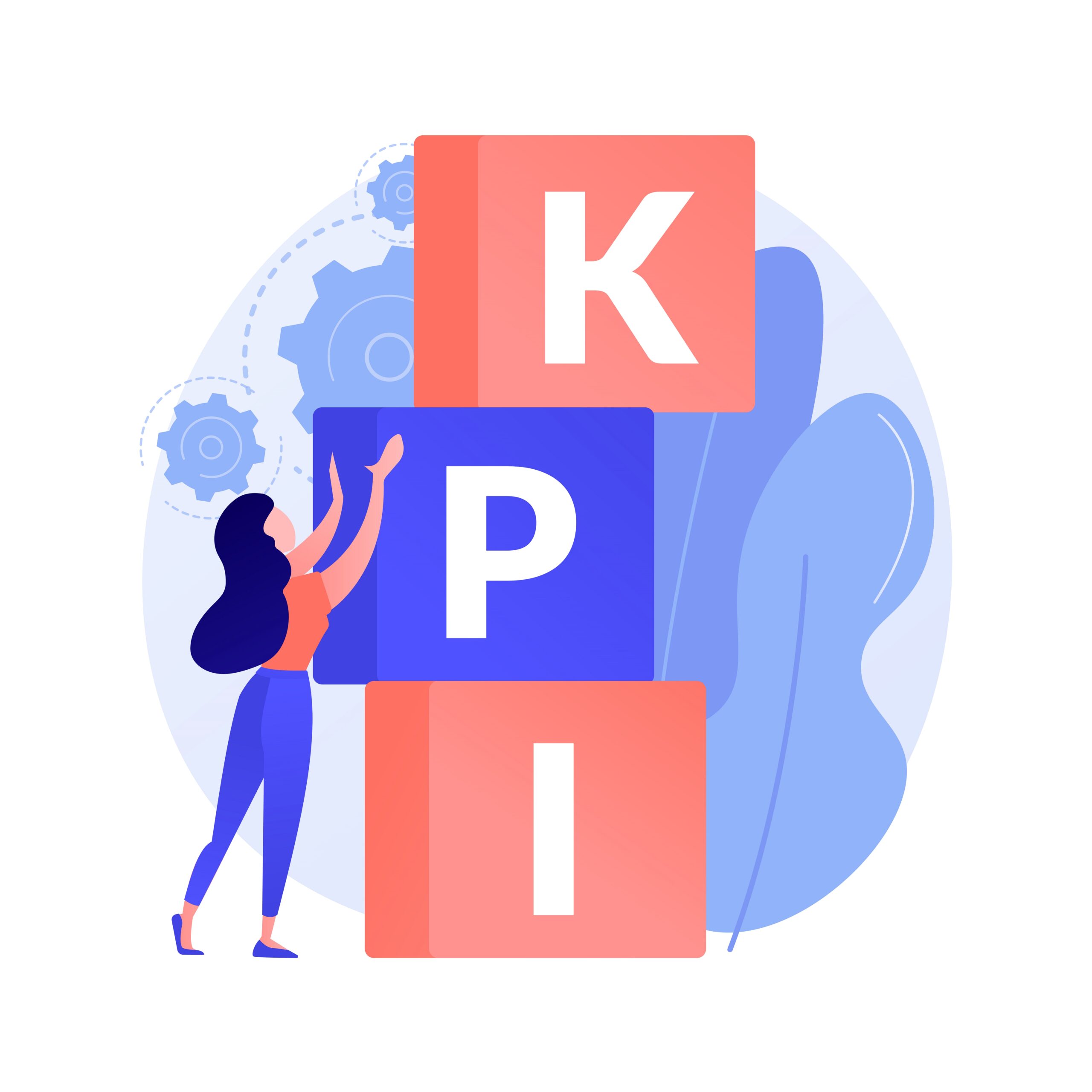In today’s digital age, having an author website has become increasingly important. It serves as a hub for all of your writing endeavors, allowing readers to connect with you, learn about your books, and stay up to date on your latest projects. However, it’s not enough to simply have a website; it’s crucial to have the right pages and features in order to create an effective and engaging online presence. In this article, we’ll explore the essential pages and features that every author website should have.
Home Page
Your website’s home page is the first thing that visitors will see, so it’s important to make a good first impression. Your home page should be visually appealing and easy to navigate, with clear calls-to-action (CTAs) that direct visitors to other areas of your site. Consider including a brief introduction to yourself and your work, along with links to your social media profiles and any upcoming events.
About Page
The About page is where you can give readers a deeper look into your life and writing journey. This is your chance to share your story, your background, and what inspires you to write. Be sure to include a professional headshot and any relevant media coverage or accolades you’ve received. You can also use this page to provide contact information for readers and media inquiries.
Books Page
As an author, your books are the heart of your website. Your Books page should feature your published works, including book covers, descriptions, and links to purchase. If you have multiple series or genres, consider creating sub-pages for each one. You can also include reviews or endorsements from readers or book bloggers to provide social proof.
Blog
Blogging is a great way to connect with readers and build your online following. Your blog can feature anything from writing tips to personal stories to book reviews. The key is to provide valuable content that your readers will find interesting and engaging. Be sure to update your blog regularly and promote your posts on social media.
Contact Page
Your Contact page should make it easy for readers to get in touch with you. Include a contact form or an email address where readers can send messages. You can also include links to your social media profiles and any relevant phone numbers or physical addresses. Be sure to respond promptly to any messages you receive.
Events Page
If you have upcoming book signings, speaking engagements, or other events, be sure to promote them on your Events page. Include the date, time, and location of each event, along with any relevant details. You can also include links to purchase tickets or RSVP.
Press Kit
If you’re actively promoting your work, a Press Kit page can be a valuable asset. This page should include a professional bio, headshot, book summaries, author Q&A, and any other relevant information for media outlets. You can also include a press release or media kit for each new release.
Newsletter Signup
Collecting email addresses from your readers is a great way to build a loyal following and keep them updated on your latest projects. Consider including a Newsletter Signup form on your website, and use a service like Mailchimp or ConvertKit to manage your email list.
Social Media Links
In addition to your website, social media is a powerful tool for building your online presence. Include links to your social media profiles on your website, and be sure to update them regularly. This can help you connect with readers, engage with your audience, and build your brand.
Search Bar
As your website grows, it can become more difficult for visitors to find the information they’re looking for. Adding a Search Bar to your website can make it easier for readers to find specific content, such as blog posts or book titles.
Conclusion
In today’s digital age, having a strong online presence is essential for authors. A well-designed and informative author website can be a powerful tool for building your brand, connecting with readers, and promoting your work. By including essential pages and features such as a Home page, About page, Books page, Blog, Contact page, Events page, Press Kit, Newsletter Signup, Social Media Links, and Search Bar, you can create a website that is engaging, informative, and easy to navigate. With the right pages and features, your author website can help you connect with your audience and achieve your writing goals.





